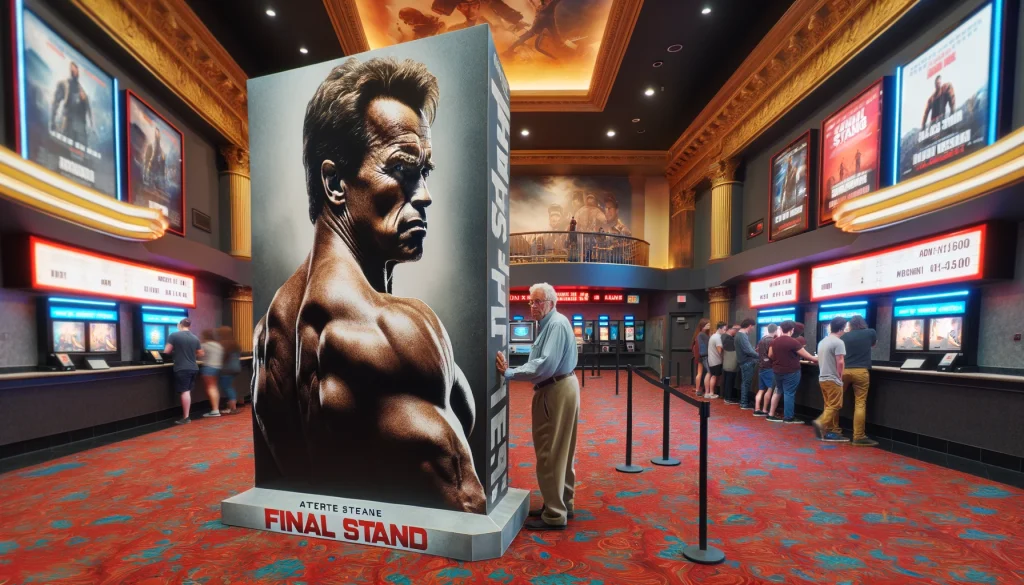Introduction to Artificial Intelligence in Cinema
Artificial Intelligence (AI) has begun to redefine a broad array of industries, and the film industry is no exception. In modern cinema, AI’s influence is profound, reshaping everything from scriptwriting and casting to post-production and viewer engagement. This technology’s integration into the cinematic world promises to make filmmaking more innovative while tackling some of the most complex challenges faced by filmmakers.
Pioneering AI Technologies in Filmmaking
AI-Driven Scriptwriting and Storytelling
AI tools are now capable of analyzing vast databases of film scripts to generate predictive models that can suggest plot twists, character development, and even dialogue. This assists screenwriters by providing creative suggestions that enhance storytelling.
AI in Casting and Performance Analysis
AI algorithms can sift through thousands of hours of performance footage to help in casting decisions or to analyze actors’ expressions and emotions, potentially influencing how directors choose actors or direct scenes.
Automated Editing and Post-Production
AI is revolutionizing post-production, enabling quicker editing by automatically syncing dialogue with scenes, cutting footage, or even suggesting the best takes and angles.
AI-Enhanced Visual Effects (VFX)
CGI Creation and Enhancement
AI-driven tools are used to create more realistic and complex computer-generated imagery (CGI) for films at a fraction of traditional times and costs.
Real-time Rendering Techniques
With AI, real-time rendering has become more feasible, allowing filmmakers to see finished effects as they shoot, which drastically speeds up the production process.
Deep Learning in Visual Accuracy
Deep learning models are employed to enhance the visual accuracy of scenes involving intricate details like facial expressions and intricate backgrounds, making the visuals more convincing.
AI in Cinematography and Direction
Camera Automation and Scene Composition
AI technologies facilitate camera movements that are precise and can reproduce exact movements repeatedly for perfect takes, enhancing the visual appeal of films.
AI-Assisted Direction for Consistency and Precision
AI tools analyze previous footage to ensure consistency in visual style and direction, helping directors maintain a uniform look and feel throughout a movie.
The Impact of AI on Film Production
Streamlining Production Processes
AI simplifies complex logistical tasks involved in film production, from scheduling to budget management, ensuring projects stay on track and within financial limits.
Cost Reduction and Efficiency Improvements
AI’s ability to automate numerous aspects of production helps reduce labor costs and time, making filmmaking more efficient.
Enhancing Creative Decision-Making
By handling repetitive and time-consuming tasks, AI allows creative professionals to focus more on the artistic aspects of film production.
Ethical Considerations and Challenges of AI in Cinema
Creative Ownership and Originality
The use of AI in creative processes raises questions about originality and ownership, challenging traditional notions of authorship and creative rights.
Privacy and Data Security in AI Applications
With AI’s reliance on large data sets, including sensitive information, data security becomes a critical concern in its application in the cinematic industry.

The Future Role of Human Creativity
As AI takes on more creative roles, there is ongoing debate about the future role of human creativity in cinema, prompting discussions on the balance between technology and human artistic expression.
Real-World Examples of AI in Action in Cinema
Incorporating case studies and examples highlights the practical benefits and challenges faced by filmmakers who adopt AI technologies.
The Future of AI in Cinema
As technology evolves, so too will its applications in cinema, with AI expected to play an increasingly central role in how films are made and experienced by audiences.
Conclusion: Embracing AI in the Evolution of Cinema
The use of AI in cinema is not just about adopting new technologies but about embracing a new paradigm that merges technology with creativity. This integration is set to redefine what is possible in filmmaking, enhancing how stories are told and experienced while addressing traditional challenges faced by the industry.
